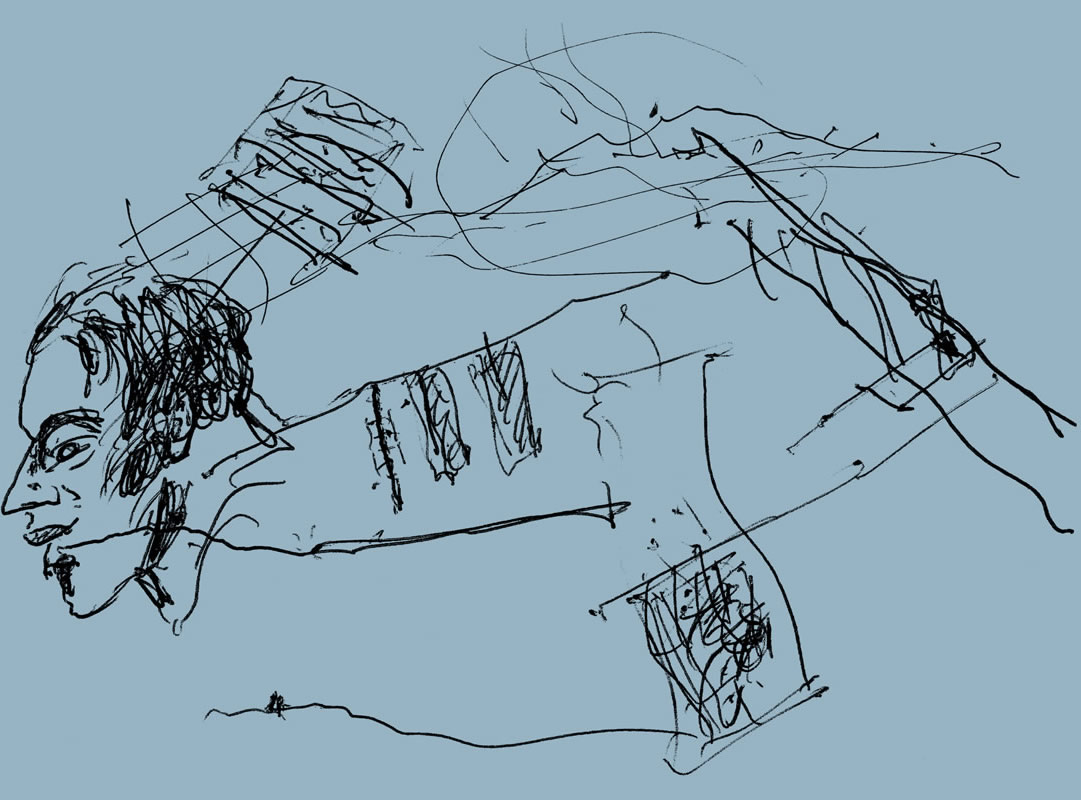The latest instalment of our series of AR Reading Lists: seven carefully chosen pieces from our archive, free for registered users
The archive is a repository and resource as much as it is a site of potential erasure. What does and does not go in an archive is deeply political, with absences and gaps proving just as telling as the material that is painstakingly collected, documented and preserved. Archives can leave the visitor feeling overwhelmed by the sheer magnitude of historical record-keeping, or consumed by the ‘archive fever’ of which Jacques Derrida wrote in his eponymous book from 1995. This reading list draws from the AR’s – what else? – archive, in order to shine a light into the dusty depths of historical memorialisation. Whether private or official, physical or digital, or left behind in the ashes and soil on which buildings once stood, the archive has always been profoundly spatial.
Register for free to read today and receive the AR Reading List straight to your inbox. Happy reading!
Ghost stories: Sophie Calle at the Musée d’Orsay, May 2022, Ellen Peirson
‘The archives through which we write history, Calle shows, are not static. It is in this muddy water that Calle reveals that we only really know each other by the stories we tell and the assumptions we make’
Graphic novel: archives of distant homes, AR November 2021, Aude Nasr
‘Mona and Lina’s parents could convey their culture through stories, music, art and films. But they just couldn’t evoke the deep, sensory experience and feeling of belonging’
Urban grain: NRW Landesarchiv in Duisburg, Germany, by O&O Baukunst, AR December 2018/January 2019, Eleanor Beaumont
‘The rows and rows of identical grey boxes may be mistaken for a complete and unbiased history, a symbol of a democratic German society in which nothing is concealed or erased. But keeping an archive is as politically driven as destroying one’
Digging up the past: soil as archive, AR February 2020, Dubravka Sekulić, Milica Tomić and Philipp Sattler
‘Colonial practices, having spread across territories and soils, and once confined to the colonial context, continue to inform our ideas of minerals, species, race and gender, permeating our behaviour, institutions and imaginary to the present day’
Spreading the word: Victor Hugo’s Tumblr account, AR December 2018/January 2019, Davide Tommaso Ferrando
‘Communication technologies have introduced a whole new dimension to our capacity to act within our environment. The rise of online curated archives is among its effects, influencing architecture in the same way as did the printed book in the 15th century’
House of Memory Archives in Milan by Baukuh, September 2015, Ellis Woodman
‘While asserting the need to remember, the building also seems to acknowledge the ultimate impossibility of that task’
Paris is burning: fire and archive, AR December 2019/January 2020, Max L Zarzycki
‘All architecture acts as archive, as human habit is sedimented into stone or steel, but the archive of fire is specific, selective and institutional’
Subscribe today to join the conversation and help support independent critical architectural writing. Digital subscriptions are available and all our content is available online, anywhere in the world
 The Architectural Review An online and print magazine about international design. Since 1896.
The Architectural Review An online and print magazine about international design. Since 1896.

